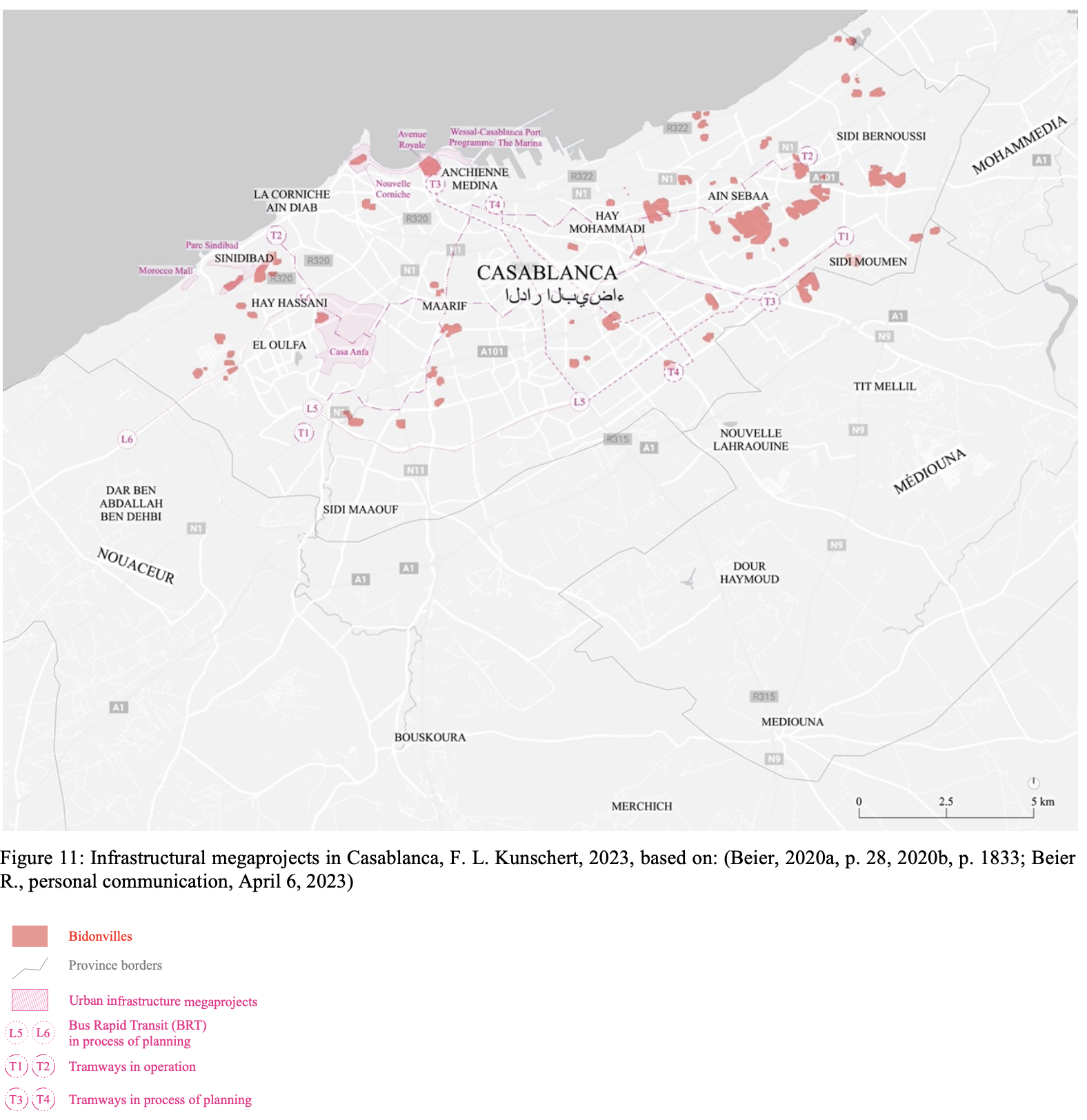At the beginning of June, the eighteen students of this year’s Master of International Cooperation Sustainable Emergency Architecture MICSEA presented their theses. As you may know, a master’s thesis includes a conceptual framework, a research question and one or multiple case studies; and is the student’s main research developed over the whole academic year. The theses have been supervised by MICSEA’s professors: Elia Apostopoulou, Alejandro de Castro Mazarro, Kathrin Golda-Pongratz, Hug March Corbella, Mbongeni Ngulube, Apen Ruiz and director Carmen Mendoza Arroyo. As guest juror during the final presentations, we were honoured to welcome Cameron Sinclair, founder of Worldchanging Institute.
In the following paragraphs, you will find a summary of the main topics researched this year as well as an overall idea of the main conclusions. The topics tackled by students have been assembled into: Urban Integration of Refugees and Migrants, Transitory Settlements and Refugee Camps, Disaster Recovery, Socio-Spatial Justice, Water Insecurity and Architectural Education. Most of the students chose local case studies from their country of origin which has been an increasing tendency in MICSEA’s theses in recent years.
Urban Integration of Refugees and Migrants was the most popular topic of student research this year. This is no coincidence since it is a major topic covered in the MICSEA courses. The increased interest in the Urban Integration of Refugees and Migrants is a consequence of several factors including the increase of global migration patterns and urbanisation. Consequently, the global community has recognised the importance of providing support and protection to refugees and migrants. Awareness and humanitarian response have grown as global migration and rapid-urbanisation is increasing. Students at MICSEA analysed the current conditions and implementation of urban integration of refugees and migrants in order to draw out the best practices that should be replicated. Furthermore, they were proactive in considering multiple perspectives, first by recognizing that different individuals or groups have diverse experiences, beliefs, and values, and second by seeking to incorporate these varied viewpoints into decision-making processes or problem-solving activities. This comprehensive or inclusive approach goes beyond the “basic needs” that leave behind the specific needs that refugee camps are finding.
Thesis on this topic include: Caroline Birkner’s Welcoming Refugees in Europe: The Potential of Social and Cooperative Housing for (Re)-Establishing Dignified Livelihoods of Newcomers; Cintya del Fresno Aguilar’s The Resonance of Belonging: Local Inclusion of Migrants in Big Cities through Architecture and Maria José Zárate Tenorio’s The Impact of Urban Forced Migration: Migrants and NGOs in Mexico City. Students also focused on the integration of usually misrepresented groups such as women; in Francesca Aiuti’s Connecting Spaces in the City: The multi-scalar emplacement of Latin American migrant women living between Milan and Vigevano and Vasiliki Zacharia’s Navigating the City: An Analysis of Sexual and Reproductive Health Accessibility among Women Refugees in Athens; and youth as in Alice Pourdieu’s A Struggle for Protection: An Investigation of Homelessness and Housing Conditions of Young, Isolated Newcomers in Paris.
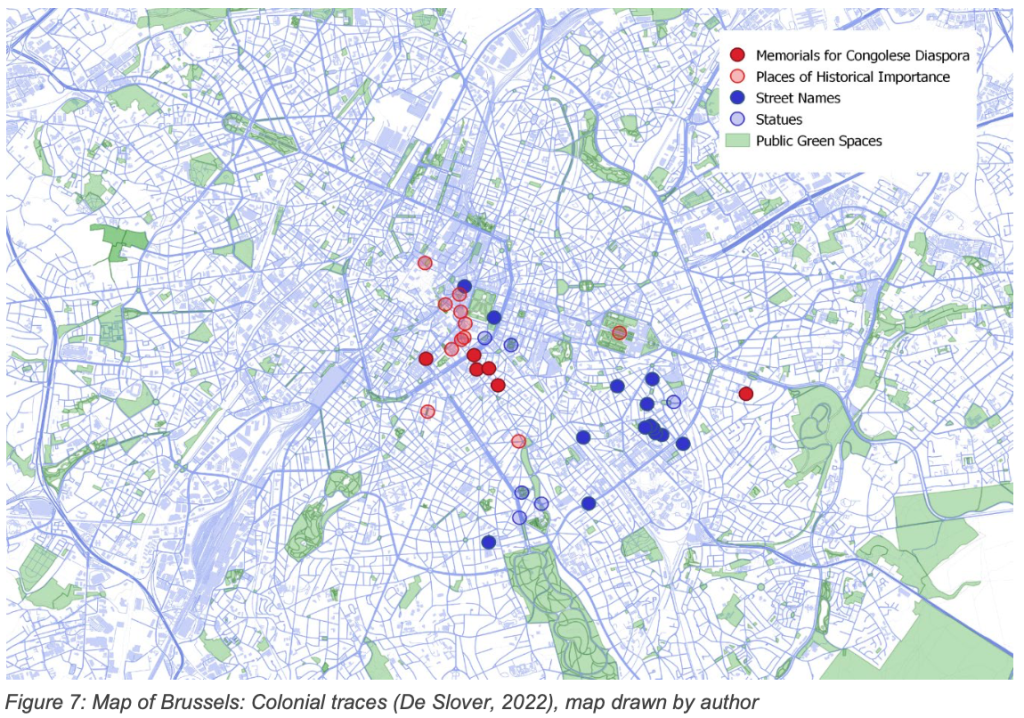
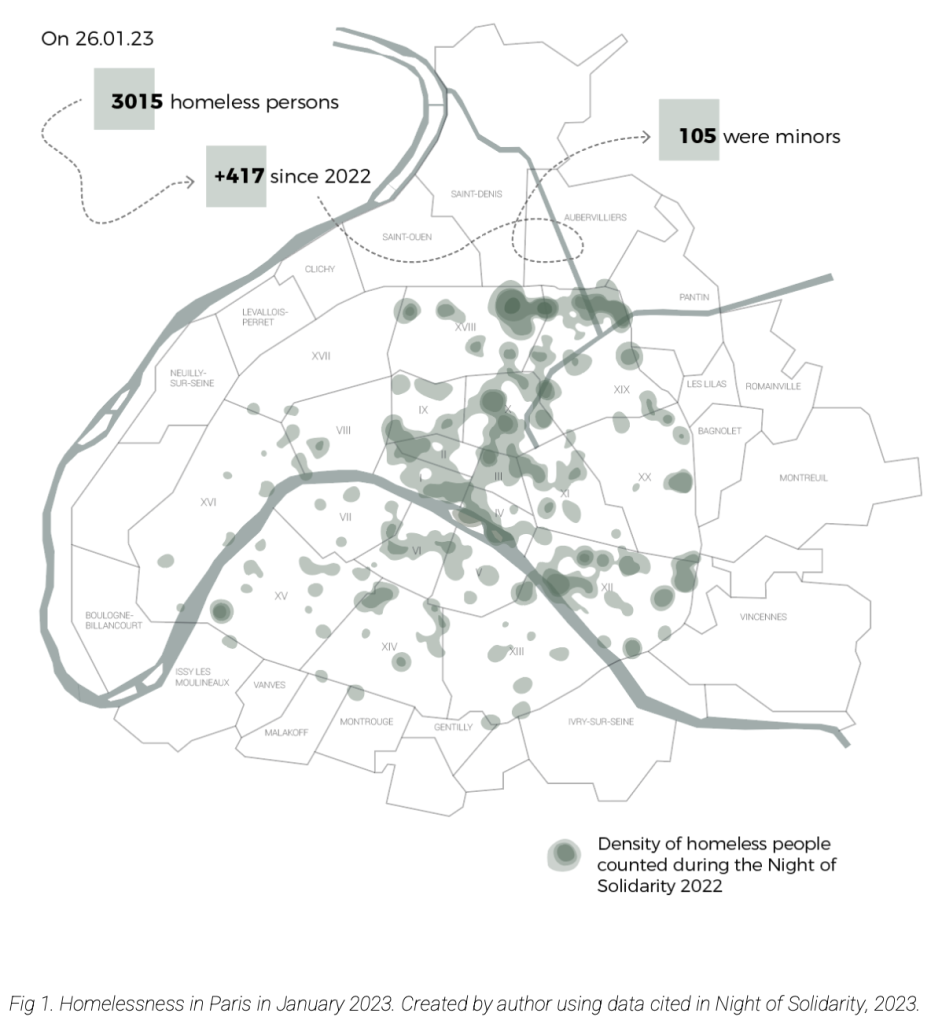
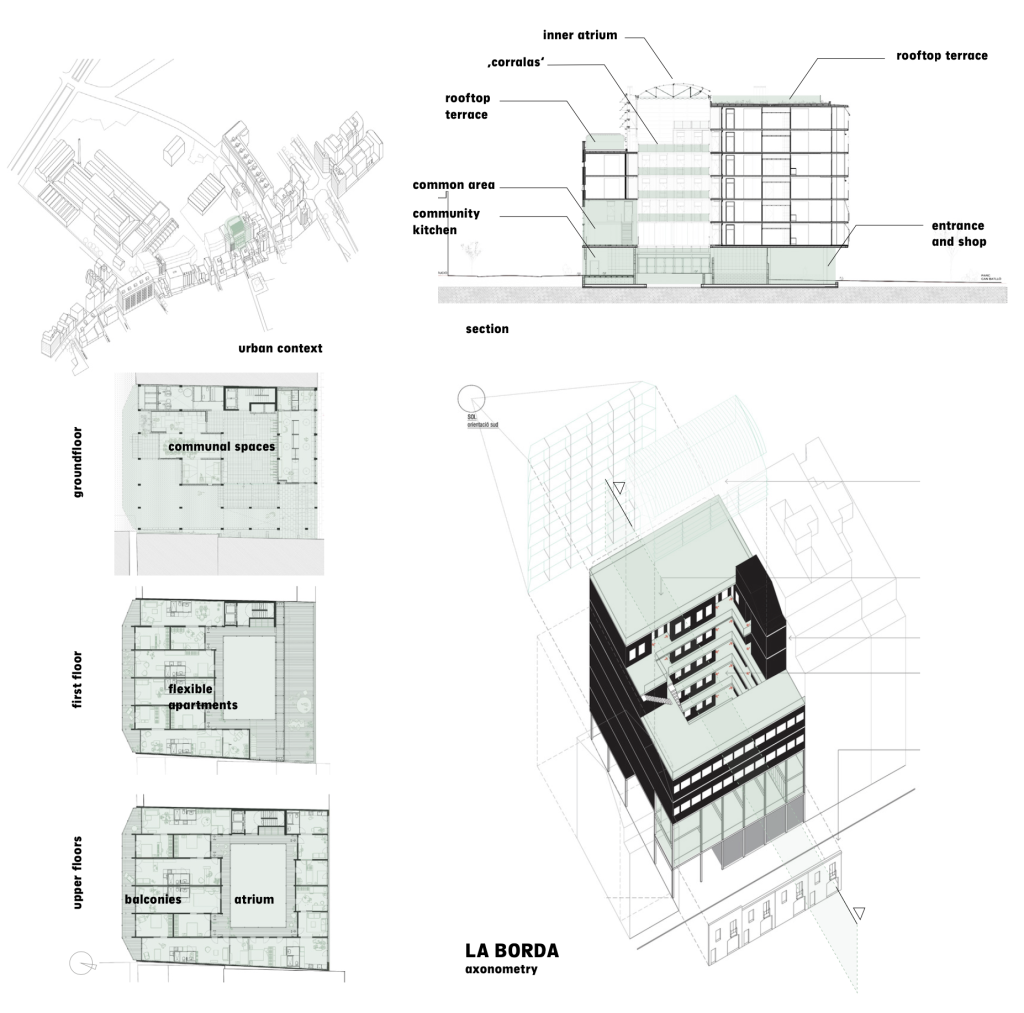
Transitory Settlements and Refugee Camps is another sensitive issue since it demands finding a balance between offering good, temporary living conditions for people who have had to flee their country without compromising their access to a definitive home. Sometimes authorities justify their slow response at offering definitive social shelter to communities due to the statement that these transitory settlements are already “good enough”. These political and bureaucratic issues should not interfere with meeting basic human rights. In this topic, students once more focused on evaluating the needs of specific minorities such as Neuro-divergent people in Riyanka Mary Thomas’s Untethered Minds – The Integration of Autism in Displaced Settlements; and arguing for the need to go beyond basic needs such as shelter and food as in Andrea Carolina Batarse’s research on Accessing Play in Formal and Informal Settlements: On the U.S.-Mexico Border and Wai Yin (Phyllis) Tsang’s thesis which assessed The Impact of Closed Controlled Access Centers on Personhood: The Case of Samos’ Zervou Camp. The more that transitory settlements can support individuals’ development on many levels (emotional, educational, intellectual and career-wise), the more it will benefit them and their future social integration.
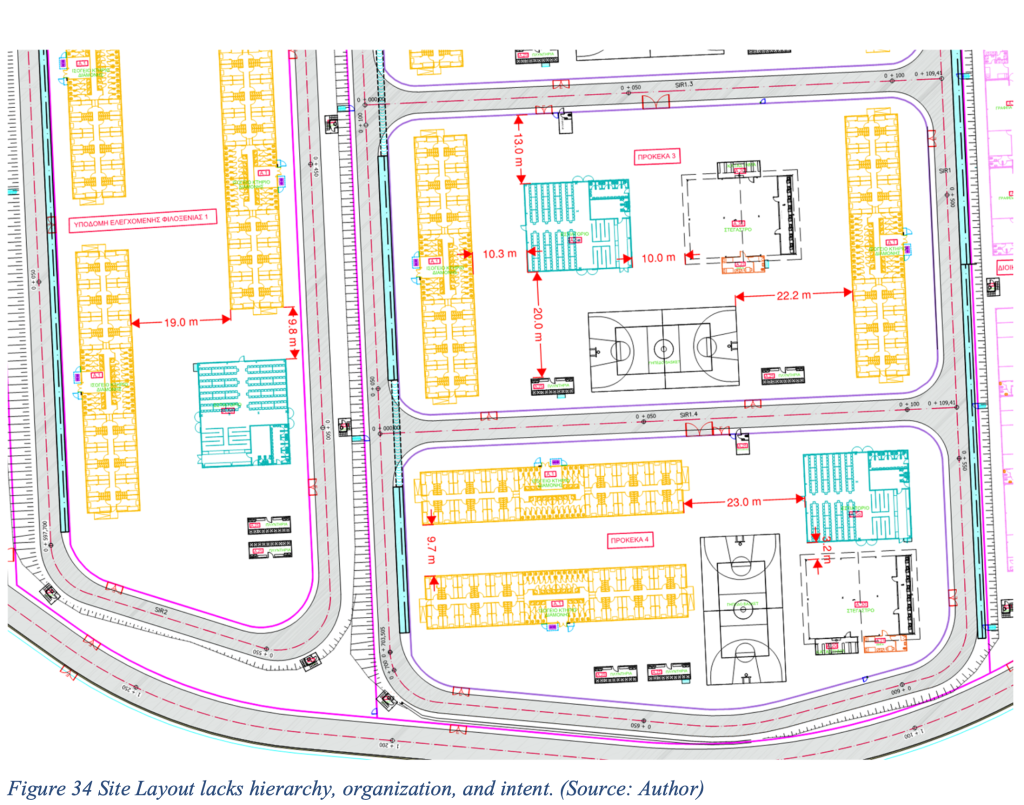
Disaster Recovery is about responding to and recovering from both chronic and acute sporadic disasters. Chronic crises include disasters that are ongoing and human-induced disasters, as researched by Vera Maria Sas’s Shaking up Disaster Recovery: How Self-Repair Strategies Can Empower Communities in Chronic Crises in Groningen, the Netherlands. Climate change is affecting areas which were not vulnerable before, or in ways that they were not before, leading to an increase in emergency response as researched atTowards Just Transitions: A Study on Long-term, Bottom-up Climate Disaster Recovery Strategies for Vulnerable Populations Living in Informal Coastal by Caroline Sorge and Disaster Memories and Social Resilience: A Case Study of the 2022 Flash Floods and Mudslides in Petrópolis, Brazil by Luiza Silveira Gasser. The three theses insist on the crucial role and involvement of the affected communities to give effective long-term solutions.
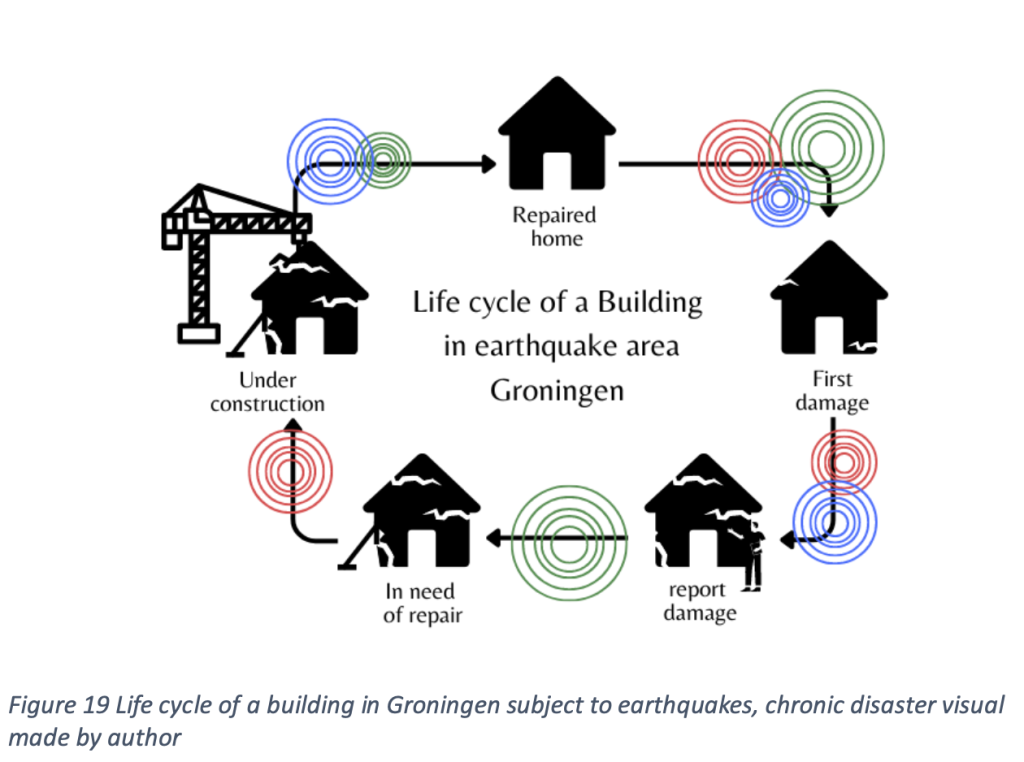
Socio-Spatial Justice is another important subject where the voice of local communities needs to be put at the forefront of the conversation. This topic seeks to understand the power relations that shape how spaces are transformed and about advocating for communities that suffer from unequal conditions and access to housing, those who have been displaced, and about decolonizing public spaces. Thesis on this topic include: Fanny Lou Kunschert’s Slum Upgrading and Urban Mega Projects in Casablanca: In the Area of Conflict between International Competition and Local Citizens’ Needs and Andrea Miranda Mendoza’s Urban Inequalities: An Analysis of Socio-spatial Segregation and its Impacts in Lima, Perú. Furthermore, as a society, we are experiencing a revindication for the appropriation of public space. On such issues have been researching Iris Le Mée at Commons-led Initiatives in Urban Governance: The Pla Buits, a Case of Self-Managed Urban Gardens in Barcelona and Suzanne Jadoul at From Commemoration to Decolonisation? A Critical Analysis of Belgium’s Public Space and Collective Memory.
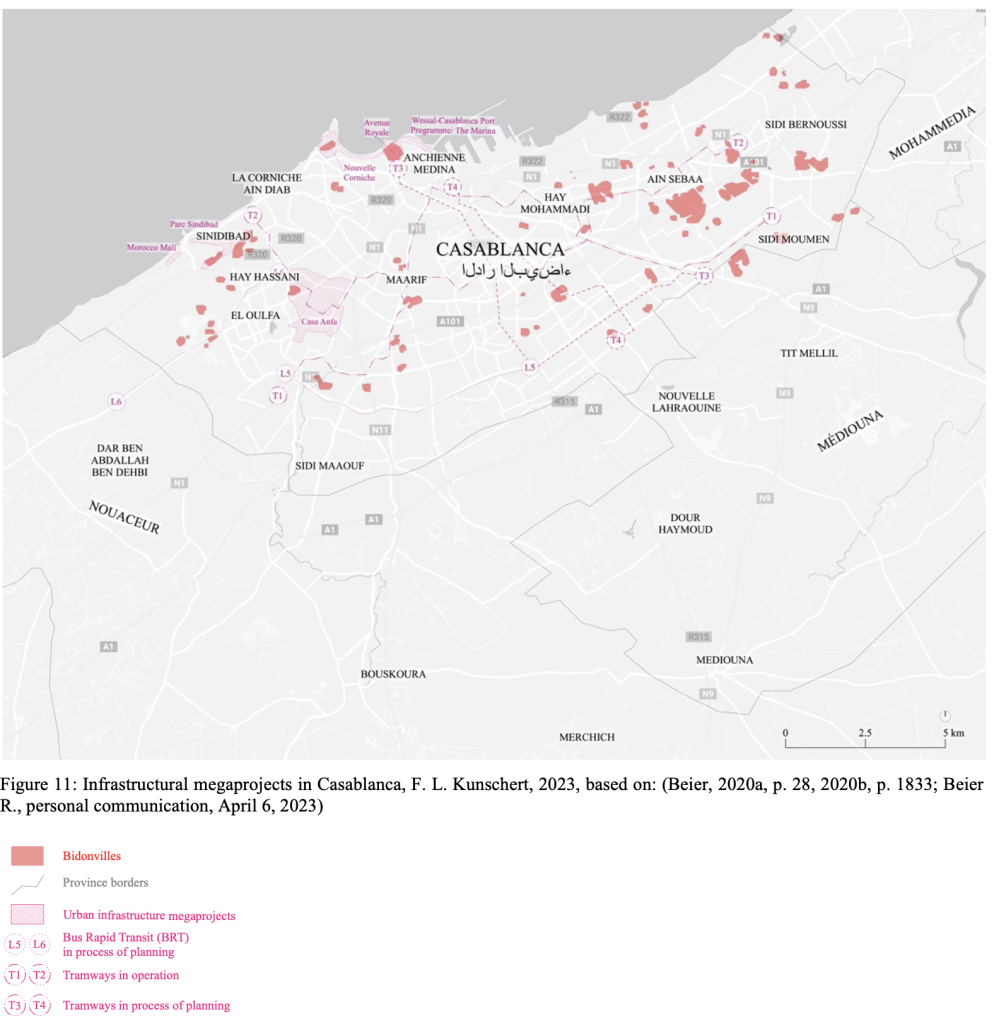
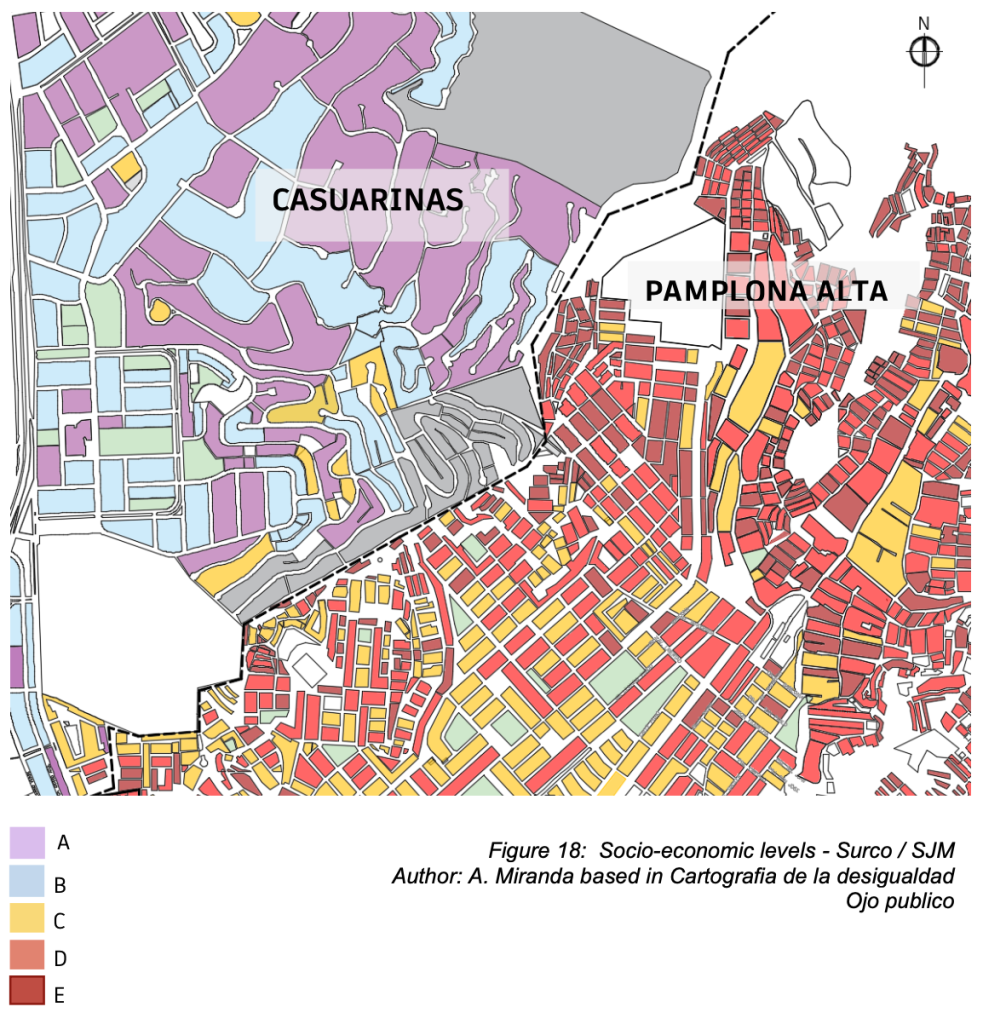
This year’s theses on Water Insecurity and Architectural Education are also greatly related to Social-Spatial Justice. On one hand, Carol Tadros’ thesis From the Rural to the Urban: Perpetuating the Water Challenges of Internal Migrants in Egypt focuses on Water Insecurity in Egypt as a consequence of climate change, resulting in climate migrants within Egypt. On the other hand, Kelsey Cawood’s Exploring the Social Impact of Experiential Learning on the South African Architecture Culture Urban Context: A Study of Curriculum Change at the Nelson Mandela University School of Architecture analyses the architectural pedagogy on the related to the on-site experiential learning of architects in underprivileged neighbourhoods. Once more, their research evidences the relevance of finding solutions from the local context.
Humanitarian problems have by definition evidenced the roles and contrast between developed countries and less developed countries. Conclusions drawn by MICSEA’s students on the different areas of concern have insisted on the following: solutions cannot be general, nor should they be compromised for political gain; infrahuman living conditions are not justifiable because of the temporary nature of refugee camps or settlements; and solutions must come as a result of the dialogue and intrinsic implication of local communities.
Thesis from recent years evidence what is happening worldwide, which is a shift towards more humanitarian interventions taking place in developed countries. Furthermore, developed countries will increasingly require humanitarian response due to climate change, chronic crises and refugee camps and urban integration in Western countries. Consequently, the following paradox emerges. Developed and less developed countries are becoming more polarized; but the preconceived idea of humanitarian aid flowing from developed to underdeveloped countries does not show the full picture that there are vulnerable individuals and communities everywhere. Through research, our hope is that we can evidence the injustices happening around the world, advocate for safe living conditions for all, and propose better practices and policies that can be implemented as steps forward to making that happen.

